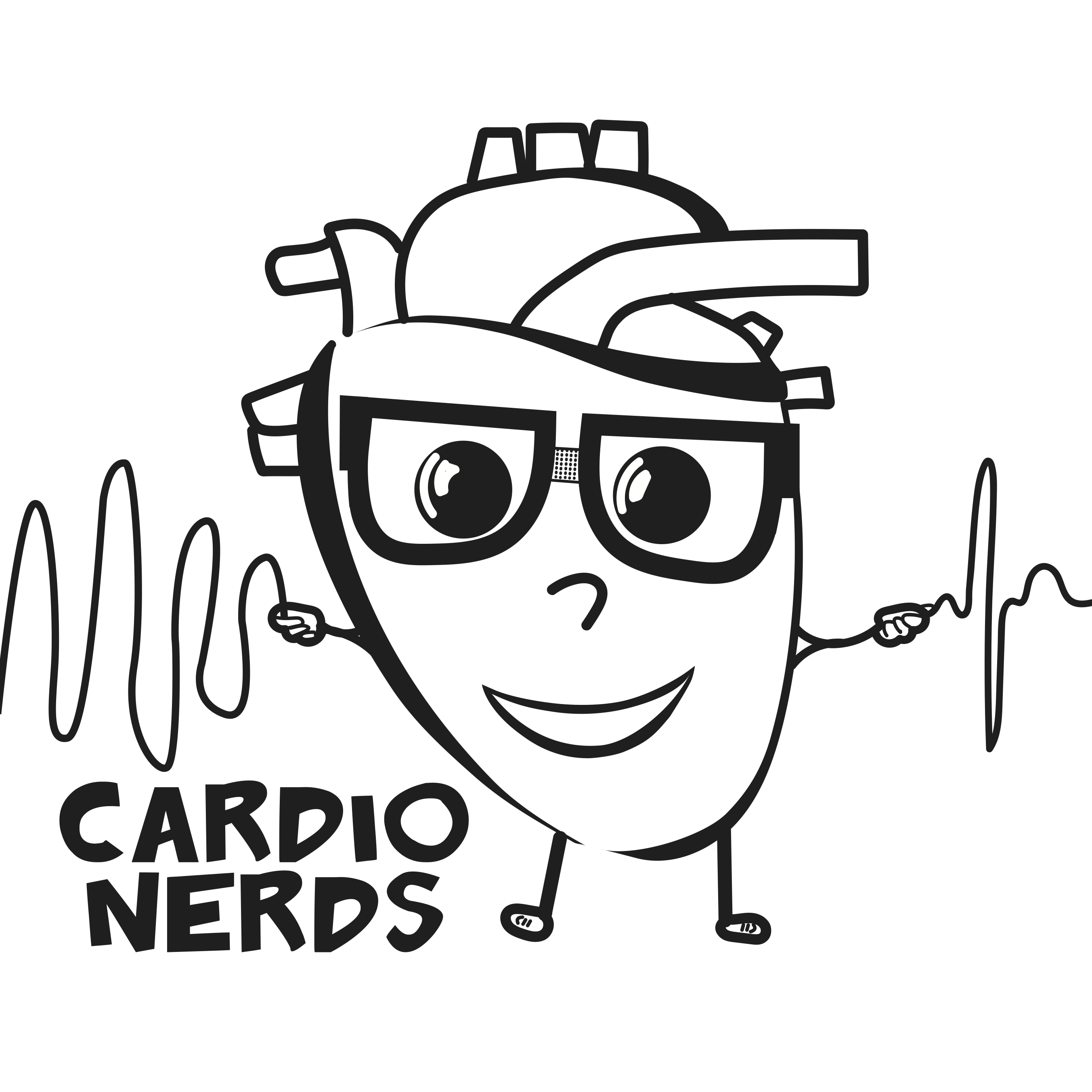215. Atrial Fibrillation: Screening, Detection, and Diagnosis of Atrial Fibrillation with Dr. Ben Freedman

CardioNerds (Dr. Kelly Arps, Dr. Colin Blumenthal, Dr. Dan Ambinder, and Dr. Teodora Donisan) discuss the screening, detection, and diagnosis of atrial fibrillation (AF) with Dr. Ben Freedman. AF is frequently undiagnosed and its first manifestation can be a debilitating stroke. European and American guidelines differ slightly with regards to guidelines for AF screening in asymptomatic individuals. There are multiple methods available to screen for AF; the setting and the clinical scenario can help guide the choice. Consumer-led screening has its own challenges, as it can detect AF in a younger population where we should prioritize aggressive management of risk factors and comorbidities. There is uncertainty regarding the minimum AF burden that increases thromboembolic risk, however a high CHAD2S2-VASc score remains the strongest predictor of stroke risk independent of AF burden. Perioperative AF associated with non-cardiac surgery has increased risk of future stroke and adverse cardiac outcomes and should likely be treated as a new diagnosis of chronic AF.\xa0\xa0\xa0\n\n\n\nThis CardioNerds Atrial Fibrillation series is a multi-institutional collaboration made possible by contributions of stellar fellow leads and expert faculty from several programs, led by series co-chairs,\xa0Dr. Kelly Arps\xa0and\xa0Dr. Colin Blumenthal.\n\n\n\nThis series is supported by an educational grant from the Bristol Myers Squibb and Pfizer Alliance. All CardioNerds content is planned, produced, and reviewed solely by CardioNerds.\n\n\n\nWe have collaborated with VCU Health to provide CME. Claim free CME here!\n\n\n\nDisclosures: Dr. Ben Freedman disclosed that he has received grant or research support from Pfizer.\n\n\n\nPearls \u2022 Notes \u2022 References \u2022 Guest Profiles \u2022 Production Team\n\n\n\n\n\n\n\n\n\n\n\nCardioNerds Atrial Fibrillation PageCardioNerds Episode PageCardioNerds AcademyCardionerds Healy Honor Roll\n\n\n\n\n\nCardioNerds Journal ClubSubscribe to The Heartbeat Newsletter!Check out CardioNerds SWAG!Become a CardioNerds Patron!\n\n\n\n\n\n\n\n\n\nPearls and Quotes - Screening, Detection, and Diagnosis of Atrial Fibrillation \n\n\n\n\u201cStroke is a poor early sign of AF.\u201d\xa0\xa0AF remains frequently undiagnosed and there remains uncertainty about the optimal target population and screening methodology.\xa0\xa0\u201cWe have to tailor AF screening to the purpose we\u2019re using it for\u201d\xa0\xa0If in a primary care setting, check the pulse. If the goal is to exclude high-risk AF \u2013\xa0 handheld ECG for heart rhythm snapshots are appropriate. If the goal is to identify or exclude AF with a high level of certainty, continuous monitors are necessary for greater sensitivity.\xa0Consumer-led screening is performed by (mostly young) individuals using commercial monitors and smart watches, facilitating earlier recognition of paroxysmal AF in this population. In these cases, we should prioritize aggressive management of risk factors and comorbidities to reduce the risk of progression to persistent AF.\xa0There is no specific cutoff for AF duration which has been identified to predict elevated stroke risk; AF is likely both a risk factor and a risk marker for stroke, suggesting an underlying atrial myopathy.\xa0Non-cardiac surgeries and procedures can be considered \u201cAF stress tests.\u201d If AF occurs in these settings, it is usually more clinically significant and has a higher risk of stroke and death than AF associated with cardiac surgeries.\xa0\n\n\n\nNotes - Screening, Detection, and Diagnosis of Atrial Fibrillation \n\n\n\nNotes drafted by Dr. Teodora Donisan and reviewed by Dr. Kelly Arps\n\n\n\n1. Why is it important to screen for AF and who should be screened?\xa0\n\n\n\nAF is frequently undiagnosed and its first manifestation can be a debilitating stroke or death. Let\u2019s go over a few numbers:\xa0\n\n\n\n15% of people with AF are currently undiagnosed and 75% of those individuals would be eligible for anticoagulation.1\xa0\xa0\xa010-38% of individuals with ischemic strokes are found to have AF as a plausible cause, and the true proportion may be even higher,